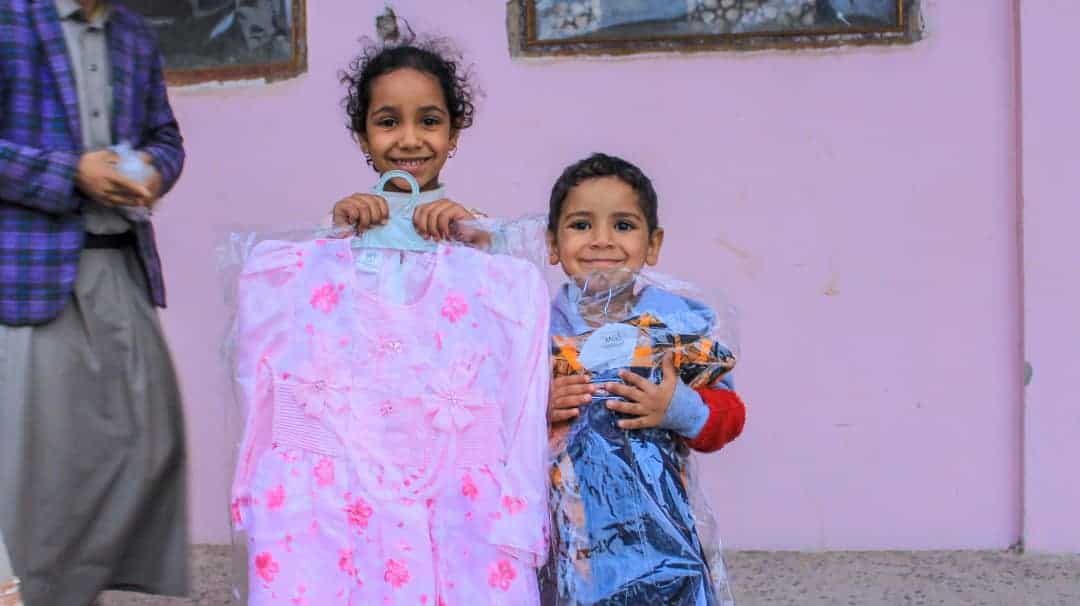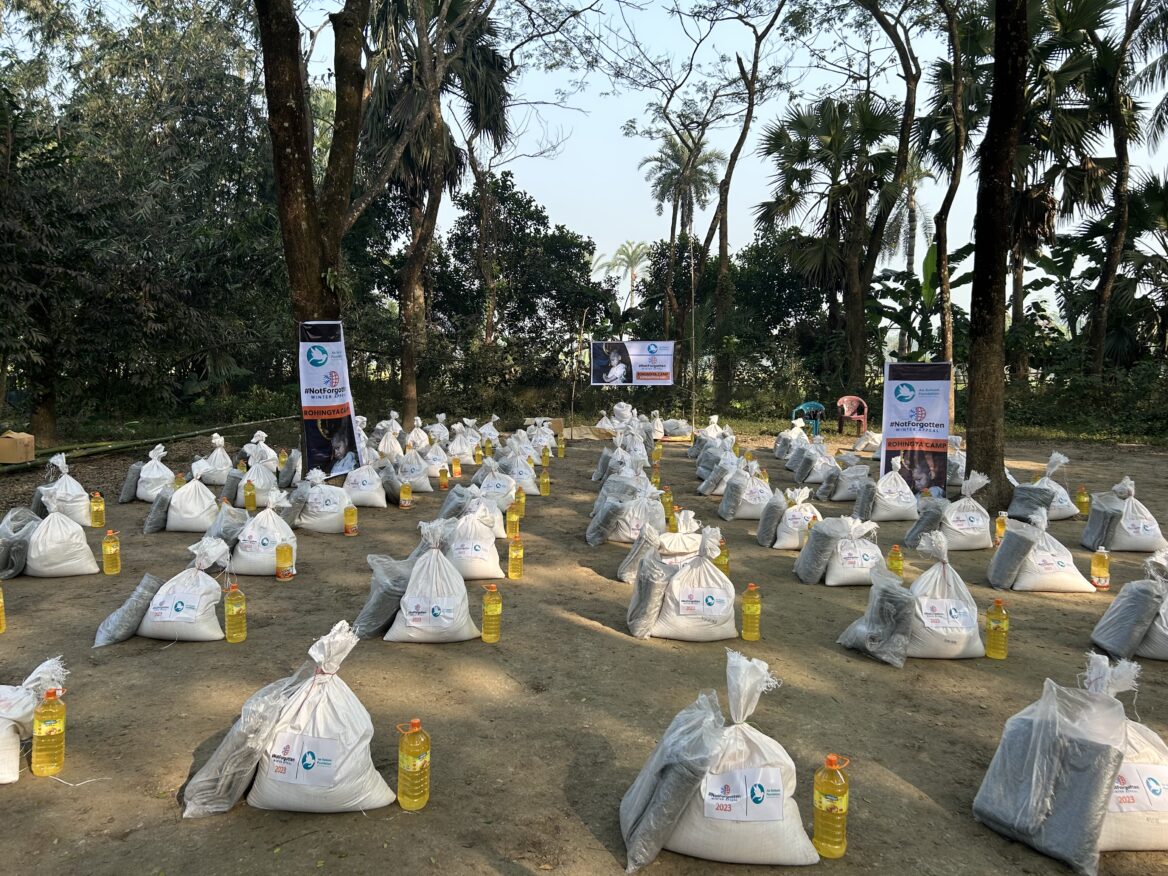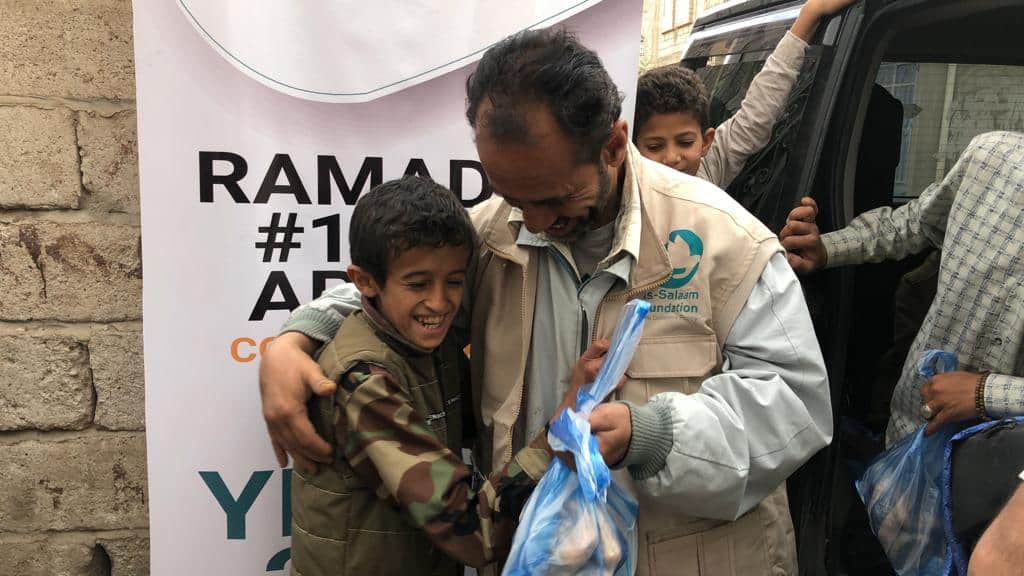In the rhythm of our daily lives, sipping morning coffee, scrolling through phones, or resting in comfortable beds, we often overlook the blessings in these simple acts. As Muslims, our faith teaches us that every breath, every meal, and every moment of ease is a gift from Allah تبارك وتعالى, a trust bestowed upon us to use wisely. In this blog, we’ll explore the concept of privilege through an Islamic lens, delve into its spiritual implications, and uncover why recognising our blessings compels us to act with compassion toward those less fortunate.
What Does It Mean to Have Ease?
Ease means having access to basic human dignities that millions worldwide are denied. It is sleeping without fear, expressing your beliefs freely, accessing clean water with a turn of a faucet, and making choices about your future. These are not luxuries; they are human rights that have become privileges due to the vast inequalities defining our world.
When we look at ease globally, the differences are significant. The device you use, your ability to read, the internet connection that brought this blog to you, each represents a type of ease that billions lack. Over 2.2 billion people worldwide lack access to safely managed drinking water (UNICEF), at least 754 million adults cannot read or write (UNESCO), and more than a third of the world’s population lives on between $2.15 and $6.85 a day (UN).
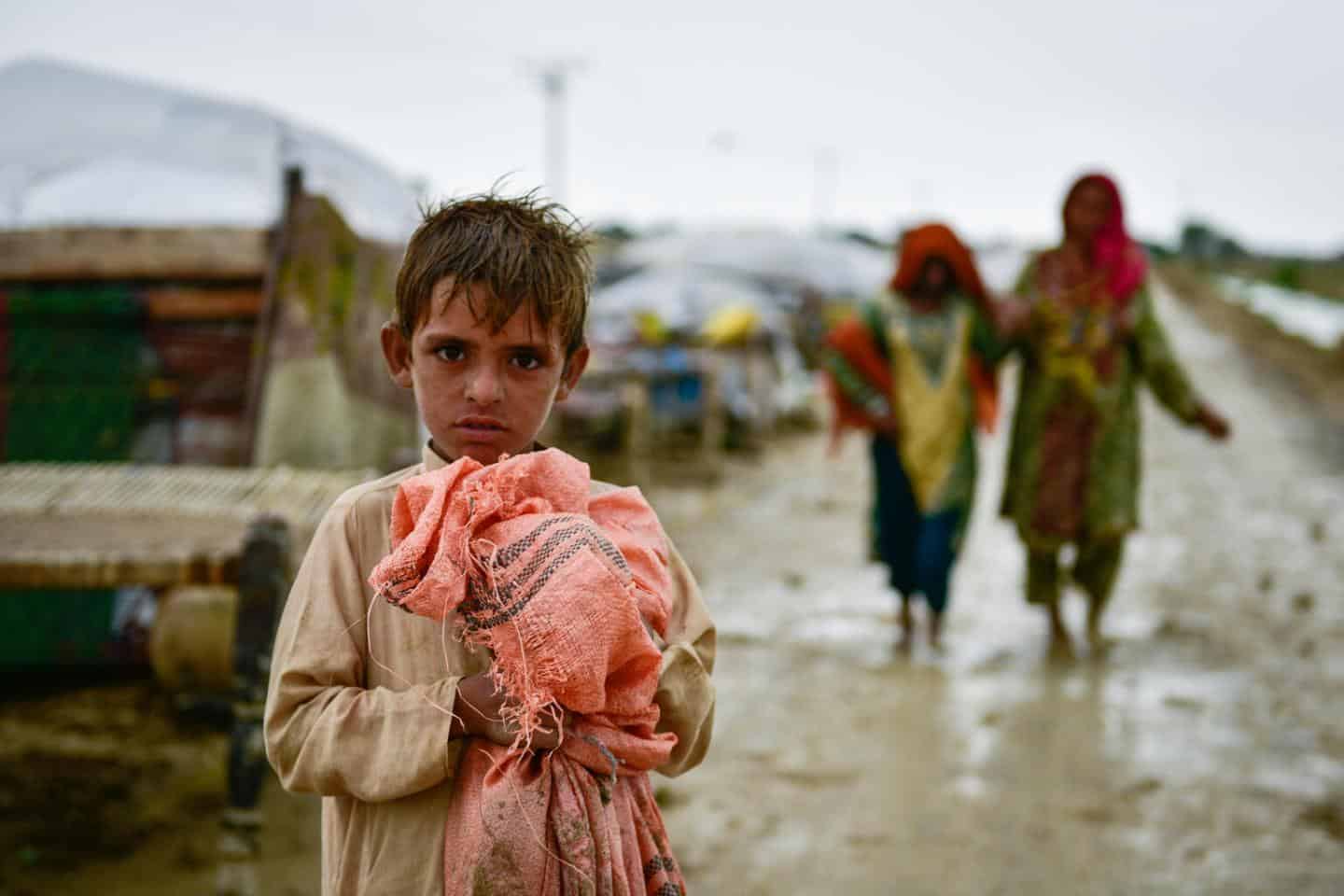
The Quran reminds us of a fundamental reality:
“Whatever blessings you have are from Allah.”
(Quran 16:53)
This verse underscores a fundamental truth: nothing we possess truly belongs to us. Everything we enjoy—our health, families, homes, and opportunities—is a loan from Allah تبارك وتعالى. Recognising this humbles us and shifts our perspective from entitlement to gratitude.
The Barriers Others Face
While we navigate daily challenges, whether it be deadlines, traffic, or deciding dinner, others face struggles that put our concerns into perspective. Across the globe, communities endure persecution, displacement, and systematic oppression that strip away their basic rights.
Consider the Rohingya Muslims in Myanmar, who have faced what the United Nations called “textbook ethnic cleansing.” Over 700,000 have fled their homes, seeking refuge in overcrowded camps where children grow up without education, healthcare, or hope for a stable future. Their struggle arises from existing as a religious minority in their homeland.
In China’s Xinjiang region, Uyghur Muslims face cultural challenges through mass detention, forced labor, and the systematic erasure of their identity. Families are separated, children are placed in state-run institutions, and religious practices are restricted. The technology that connects us to the world is used there to monitor and control their lives.
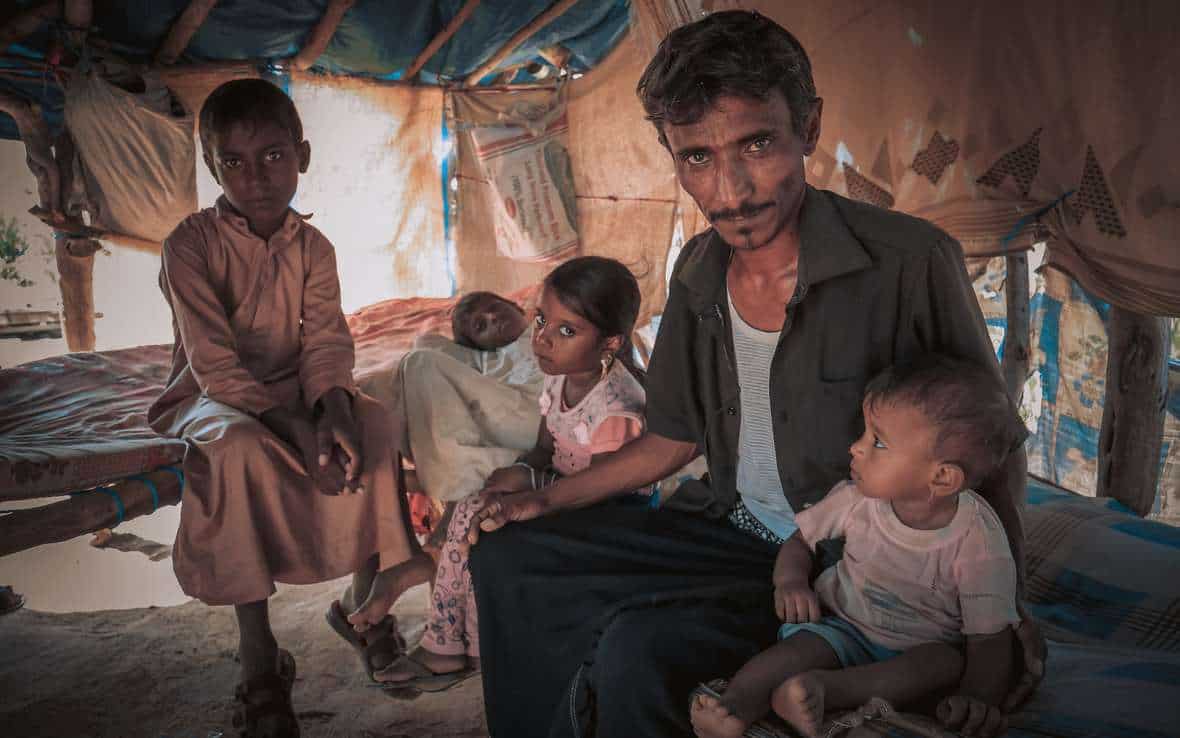
The people of Gaza face ongoing conflict, displacement, and a severe humanitarian crisis. Over 1.9 million Palestinians have been displaced, many multiple times, seeking refuge in overcrowded shelters or makeshift tents. Essential infrastructure, including homes, hospitals, and schools, has been damaged or destroyed. Access to food, clean water, and medical care is critically limited, with nearly the entire population relying on humanitarian aid and facing extreme food insecurity.
In Syria, after years of conflict, millions remain displaced both internally and as refugees in other countries. Over 16.5 million people require humanitarian assistance. The country’s infrastructure is significantly damaged, leading to widespread issues with access to water, electricity, and healthcare. Economic challenges, including soaring food prices and widespread poverty, compound the difficulties, leaving many families struggling for basic survival.
These examples represent a fraction of the suffering experienced by Muslim communities worldwide, from the crisis in Syria to the challenges faced by Muslim minorities in India, Myanmar, and other nations.
Our Circumstances
As you read these words, you likely have relative comfort and security. You access information, engage with ideas, and form your own opinions. You can practice your faith without fear of imprisonment or death.
This comfort results from circumstances beyond our control. The passport you carry, the family you were born into, the historical context of your nation’s development, these factors have shaped your reality in ways that allow you to have access to certain experiences while others don’t.

This realization should inspire us toward action. Our ease comes with responsibility, not because we chose it, but because we possess it while others suffer its absence.
Reflect on the story of Prophet Sulaiman (peace be upon him). With his vast kingdom and unparalleled wealth, he used his resources solely for the sake of Allah. His story exemplifies how privilege, when wielded responsibly, becomes a means of drawing closer to Allah تبارك وتعالى.
As beneficiaries of privilege, we too must ask ourselves: Are we using our blessings to uplift others? Or are we content to live comfortably while turning a blind eye to suffering?
Gratitude: The Need to Act
Gratitude is the antidote to complacency. When we take our blessings for granted, we risk falling into ingratitude, a trait despised by Allah. The Quran tells us:
“If you are ungrateful, remember Allah has no need of you, yet He is not pleased by ingratitude in His servants; if you are grateful, He is pleased [to see] it in you.”
(Quran 39:7)
Gratitude doesn’t mean simply saying “Alhamdulillah” after a meal. True gratitude involves acknowledging Allah’s favors deeply and allowing them to shape our actions. Here are ways to cultivate heartfelt gratitude:
- Daily Reflection: Take a few moments each day to list your blessings. Write them down if possible; it helps solidify appreciation.
- Mindful Comparison: Instead of comparing yourself to those wealthier, compare your situation to those struggling. This shifts focus from dissatisfaction to thankfulness.
- Acts of Kindness: Use your blessings to benefit others. Whether volunteering, donating, or simply offering kindness. Sharing amplifies gratitude.
- Dua (Supplication): Regularly thank Allah in your daily life. Ask Him to protect your blessings and guide you in utilising them for His sake.
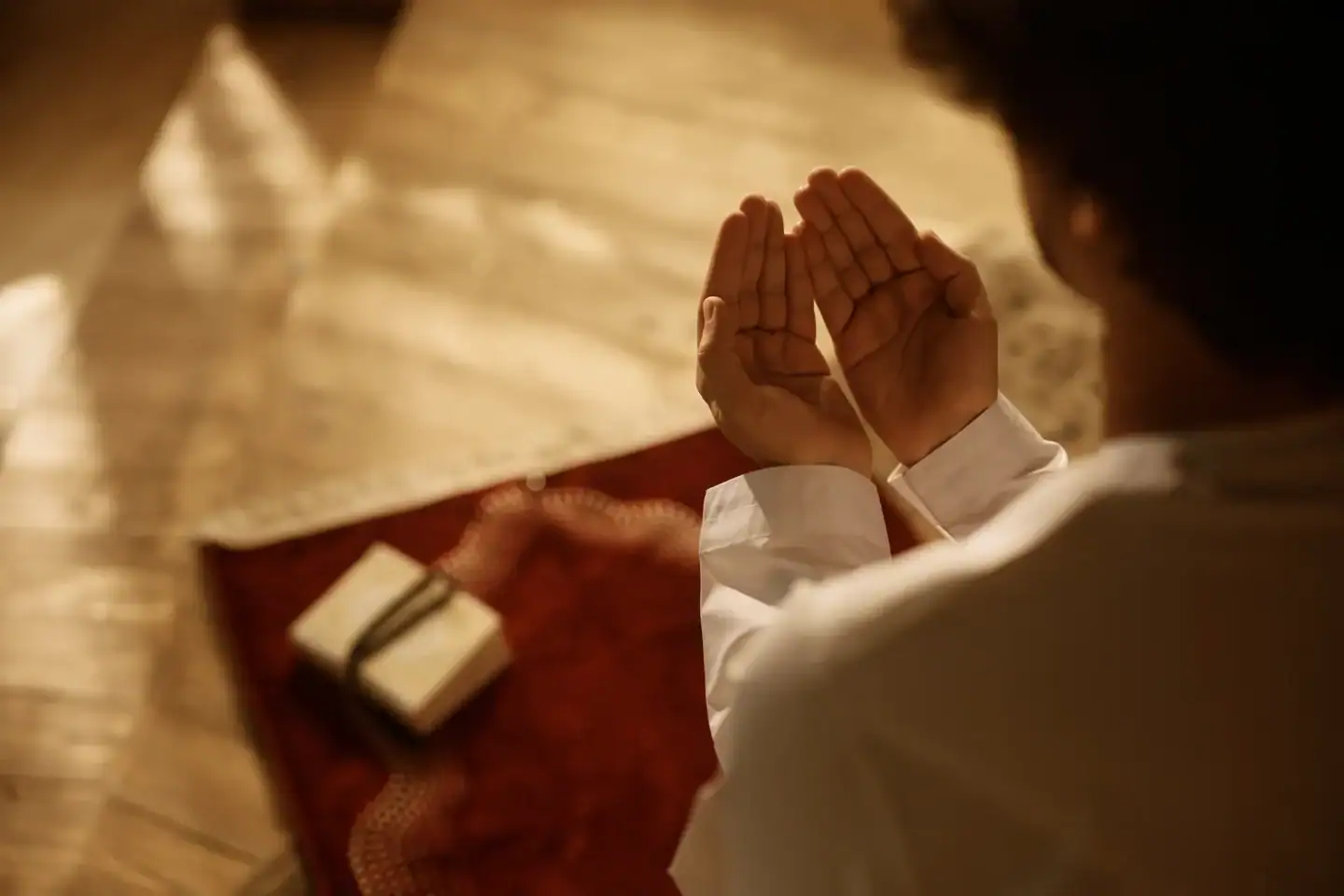
When gratitude becomes a habit, privilege transforms from something passive into a dynamic force for good.
True recognition of our blessings shows through our response to others’ suffering. This does not require grand gestures; it begins with acknowledging that our comfort exists alongside others’ desperation.
Consider the resources you have: time, money, skills, voice, or simply the ability to care. Each represents a tool for alleviating suffering. Whether through charitable giving, volunteering, advocacy, or simply raising awareness, we can transform our ease into positive action.
A Call to Awareness
The Quran tells us:
None of you [believers] will attain true piety unless you give out of what you cherish: whatever you give, God knows about it very well.”
(Quran 3:92)
This verse serves as a guide for how we should go forth with our ease. True devotion comes when we part with what we value most, not just what is convenient or leftover. It encourages us to look at our blessings, especially those we hold dear, and consider how sharing them can bring us closer to the purpose of our existence. This perspective invites us to reflect on our deepest attachments and challenges us to act with sincerity in our charitable giving.
Tonight, as you rest in your bed, consider the millions who will sleep on floors, in tents, or not at all. As you plan your tomorrow, remember those whose futures have been taken by conflict, persecution, or poverty.
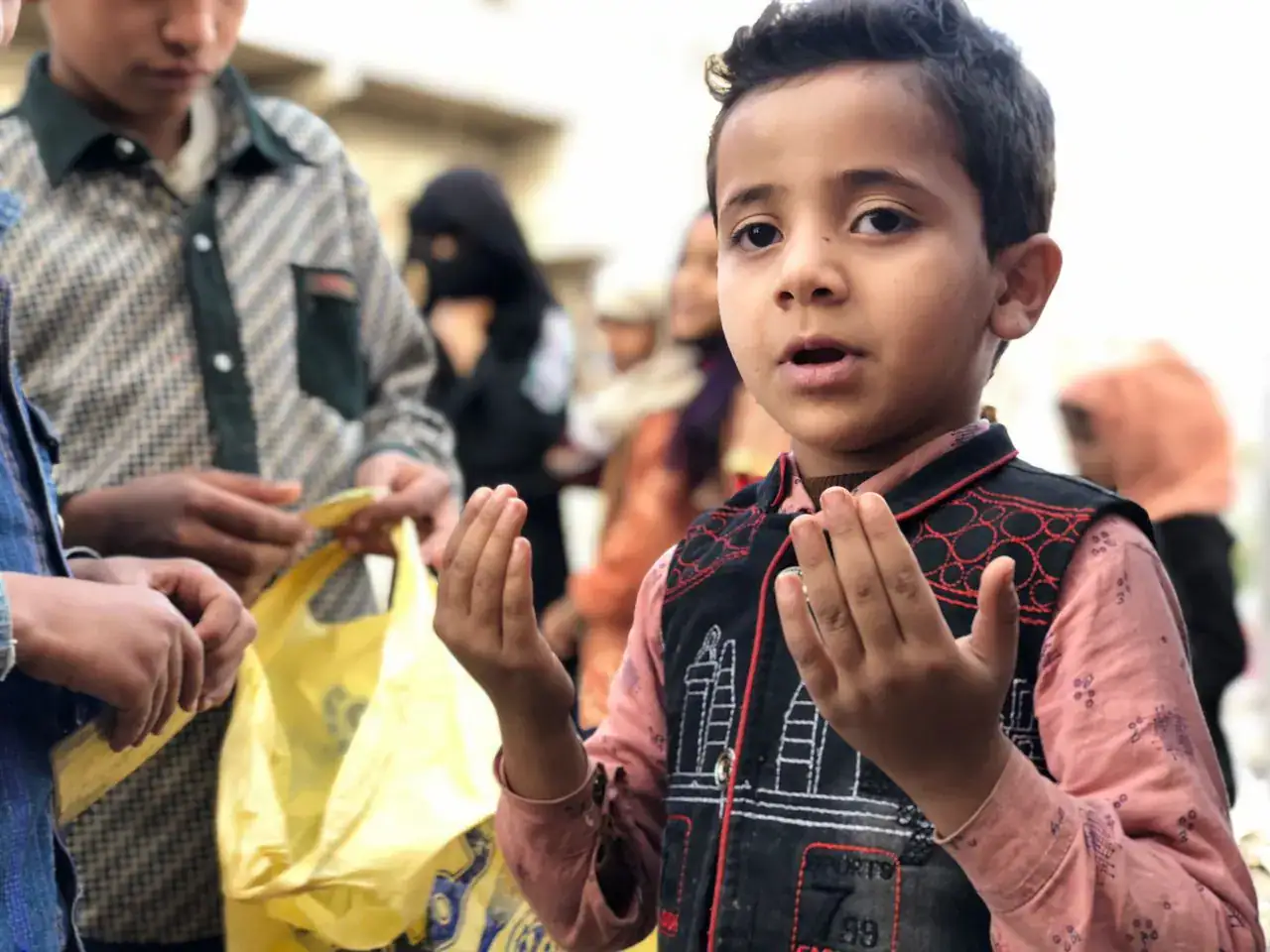
The next time you feel overwhelmed by your own challenges, remember: somewhere, someone is praying for the problems you take for granted. Let that realization transform your perspective and your actions.
Take a moment today to reflect on your privileges. Then, commit to taking one step, whether donating, volunteering, or advocating, to make a difference. Together, we can create a world where fewer people suffer and more people experience the mercy of Allah through our actions. Through organizations like As Salaam Foundation, we can be the answer to someone’s prayer, the bridge between ease and purpose. Learn more about how you can support struggling Muslim communities here: https://www.as-salaamfoundation.co.uk/

